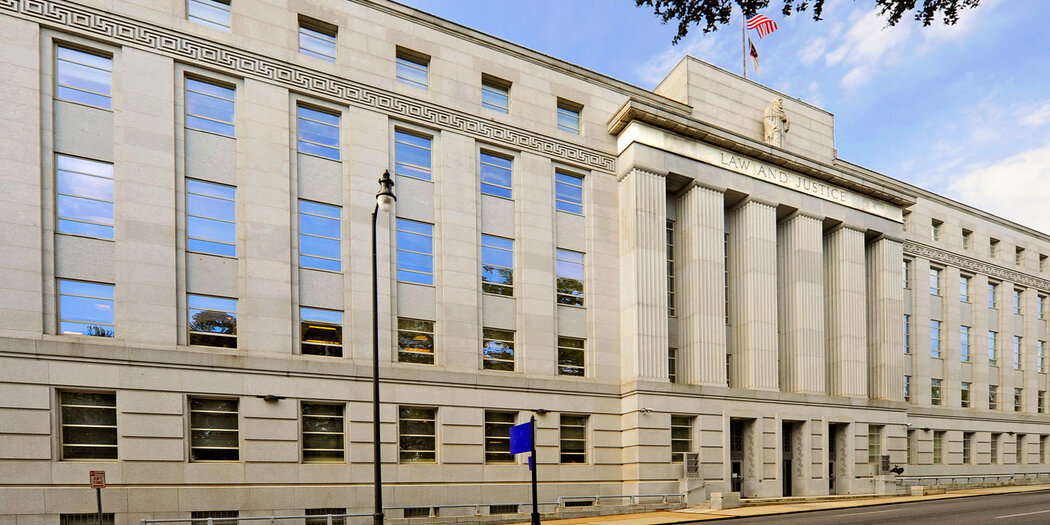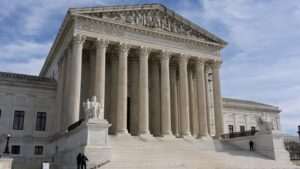North Carolina Election Dispute Raises Questions on Voting Processes and Judicial Intervention
A hotly contested North Carolina Supreme Court race has taken center stage in a legal battle that could have significant implications for voting procedures and judicial oversight. Judge Jefferson Griffin, a Republican candidate, is challenging the legitimacy of over 60,000 ballots, seeking to overturn the victory of Justice Allison Riggs by a narrow margin of 734 votes.
Griffin’s contention stems from the November state supreme court election. He argues that the North Carolina State Board of Elections has been misapplying state election laws for years. His petition claims that the board has failed to enforce requirements for voter registration, such as providing a driver’s license or social security number, and improperly accepted certain absentee and overseas ballots without photo ID.
Importantly, Griffin does not allege voter fraud or accuse voters of wrongdoing, but asserts that the election board did not rectify illegal processes before the election, resulting in ballots cast by individuals who did not meet the legal requirements. His objections focus primarily on votes from heavily Democratic counties.
In response, Justice Riggs and the election board argue that it is unjust to invalidate ballots cast by voters who adhered to the instructions provided to them. Riggs asserts that voters are protected under the U.S. Constitution’s Due Process Clause when following established procedures, as outlined in her motion.
The issue has led to multiple lawsuits at both the state and federal levels, with ongoing debates about the jurisdiction of Griffin’s case. Although a federal district court declined to take up the case in deference to state authority, the U.S. Court of Appeals for the Fourth Circuit is reviewing the matter.
Griffin’s challenge attempts to alter a fundamental principle of election law: that election rules cannot be changed post-election. While some North Carolina Supreme Court justices have shown interest in Griffin’s claims, a ruling in his favor could set a precedent for similar legal maneuvers in other states.
An amicus brief from eight scholars highlights the potential erosion of democratic norms, urging federal intervention to prevent democratic backsliding in North Carolina.
Recently, the North Carolina Supreme Court, with a Republican majority, decided not to expedite Griffin’s petition, requiring the case to proceed through lower courts. However, the court maintained a stay preventing the certification of the election results, a decision authored by Republican Justice Trey Allen, who described the contested votes as “potentially illegal.”
Justice Anita Earls, a Democrat, opposed the stay and emphasized that election results should not be overturned based on “potentials.” Meanwhile, Justice Richard Dietz, a Republican, noted that the board adhered to existing election rules, and any legal questions about those rules should not affect past elections.
The outcome remains uncertain, with the state trial court scheduled for a hearing on February 7. If the North Carolina Supreme Court reaches a 3–3 deadlock, the lower court’s decision will stand unless federal courts intervene.
This case underscores the judiciary’s pivotal role in safeguarding democratic principles and voters’ rights. North Carolina’s courts are faced with the decision of whether to retroactively invalidate votes and potentially reverse an election outcome, putting the integrity of the judicial system to the test.






